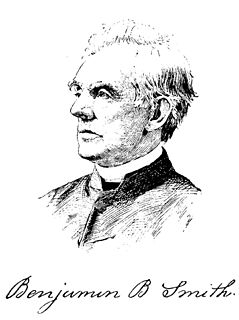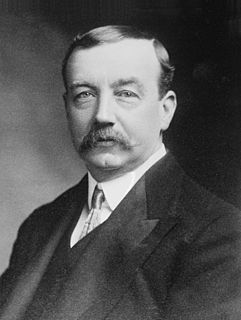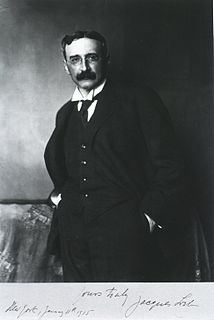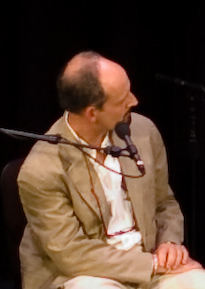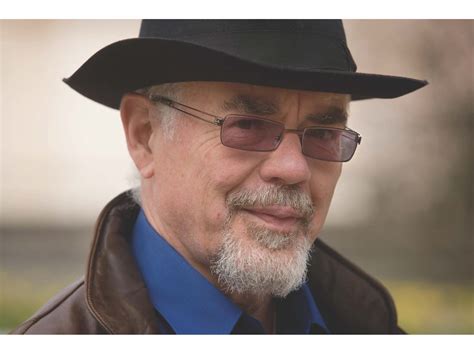A Quote by Rachel Carson
The question is whether any civilization can wage relentless war on life without destroying itself, and without losing the right to be called civilized.
Quote Topics
Related Quotes
Muscles without strength, friendship without trust, opinion without risk, change without aesthetics, age without values, food without nourishment, power without fairness, facts without rigor, degrees without erudition, militarism without fortitude, progress without civilization, complication without depth, fluency without content; these are the sins to remember.
He was Caesar and Pope in one; but he was Pope without Pope's pretensions, Caesar without the legions of Caesar: without a standing army, without a bodyguard, without a palace, without a fixed revenue; if ever any man had the right to say that he ruled by the right divine, it was Mohammed, for he had all the power without its instruments and without its supports.
The issue is not whether there are horrible cases where the penalty seems "right". The real question is whether we will ever design a capital system that reaches only the "right" cases, without dragging in the wrong cases, cases of innocence or cases where death is not proportionate punishment. Slowly, even reluctantly, I have realized the answer to that question is no- we will never get it right.
A world without right or wrong was a world that did not want itself, anything other than itself, or anything not those two things, but that still wanted something. A world without right or wrong invited you over, complained about you, and gave you cookies. Don't leave, it said, and gave you a vegan cookie. It avoided eye contact, but touched your knee sometimes. It was the world without right or wrong. It didn't have any meaning. It just wanted a little meaning.
There is no way to live up to your full potential in life without losing lots of things. Yet there are people who believe you can go through a lifetime without losing anything, if you would just be more careful and more thoughtful. They actually believe that a child can get through elementary school without losing a jacket, but that's impossible unless the child is very repressed.
What happens to the mind of a person, and the moral fabric of a nation, that accepts the aborting of the life of a baby without a pang of conscience? What kind of a person and what kind of a society will we have twenty years hence if life can be taken so casually? It is that question, the question of our attitude, our value system, and our mind-set with regard to the nature and worth of life itself that is the central question confronting mankind. Failure to answer that question affirmatively may leave us with a hell right here on earth.
Perhaps the greatest discovery of my life, without question the greatest commitment, came when finally I had the confidence in God that I would loan or yield my agency to him-without compulsion or pressure, without any duress, as a single individual alone, by myself, no counterfeiting, nothing expected other than the privilege. In a sense, speaking figuratively, to take one's agency, that precious gift which the scriptures make plain is essential to life itself, and say, "I will do as you direct," is afterward to learn that in so doing you possess it all the more.








